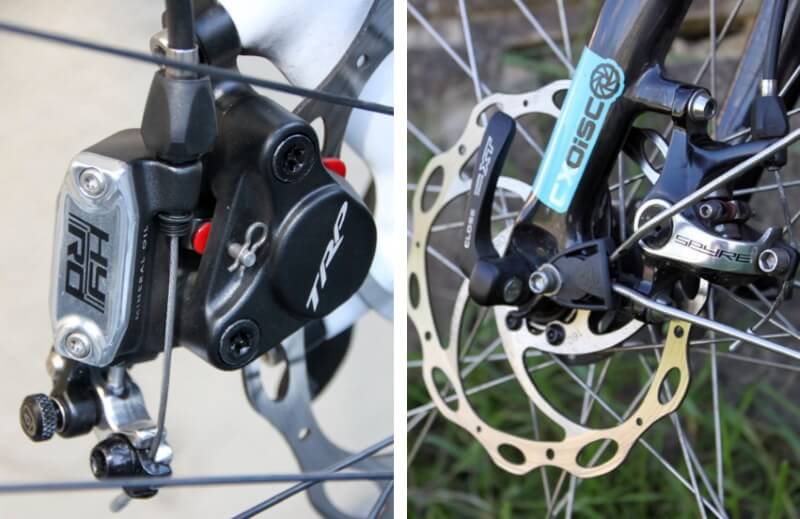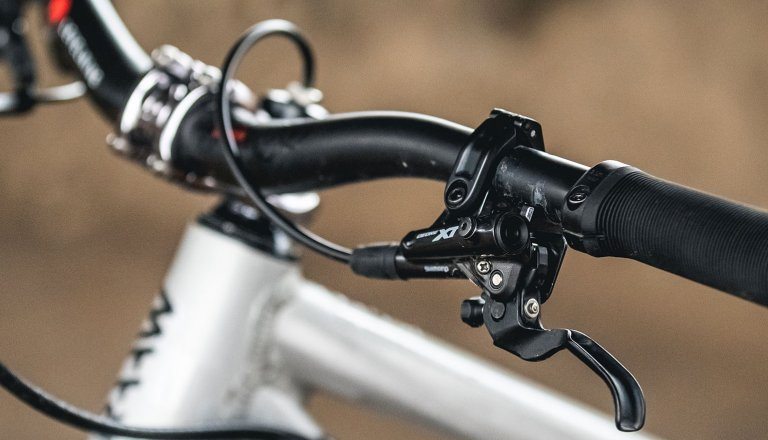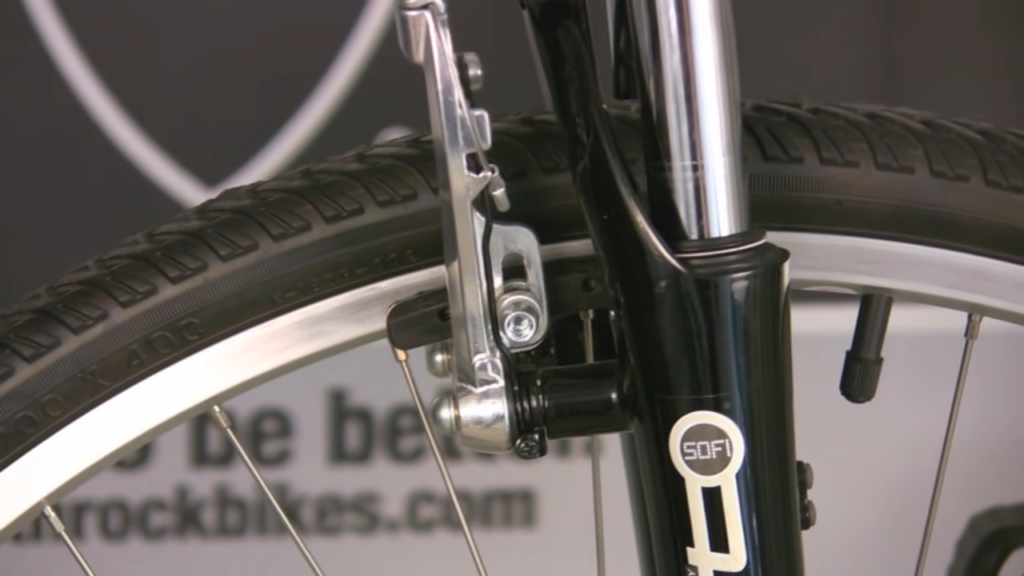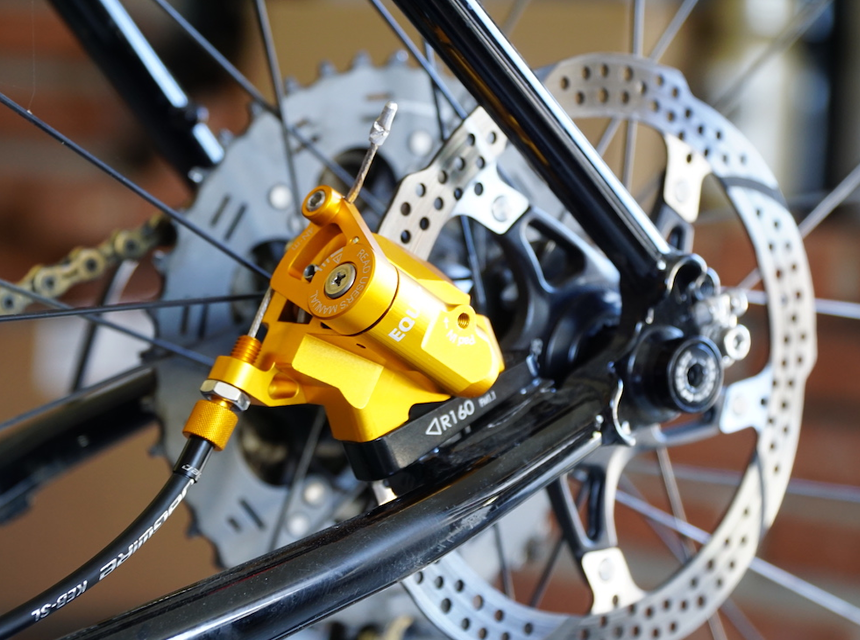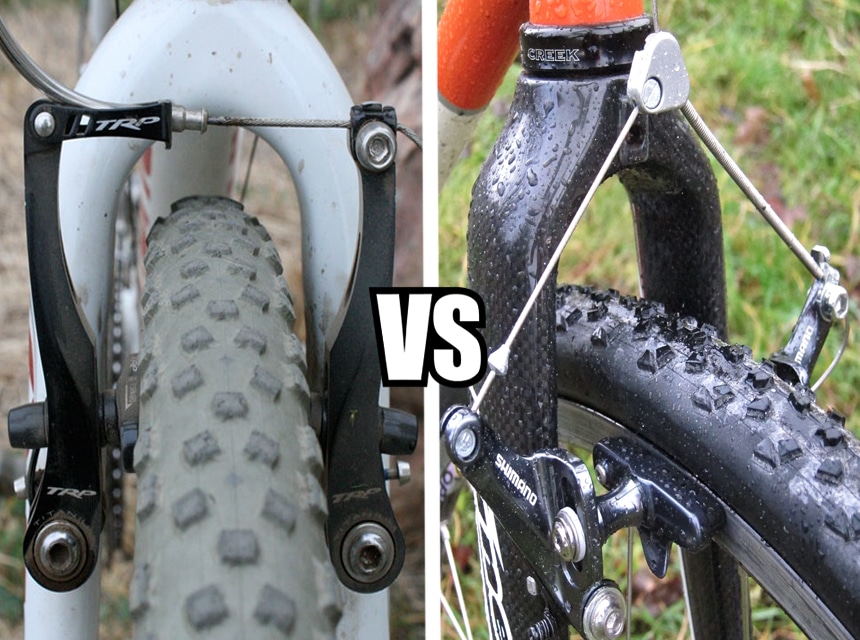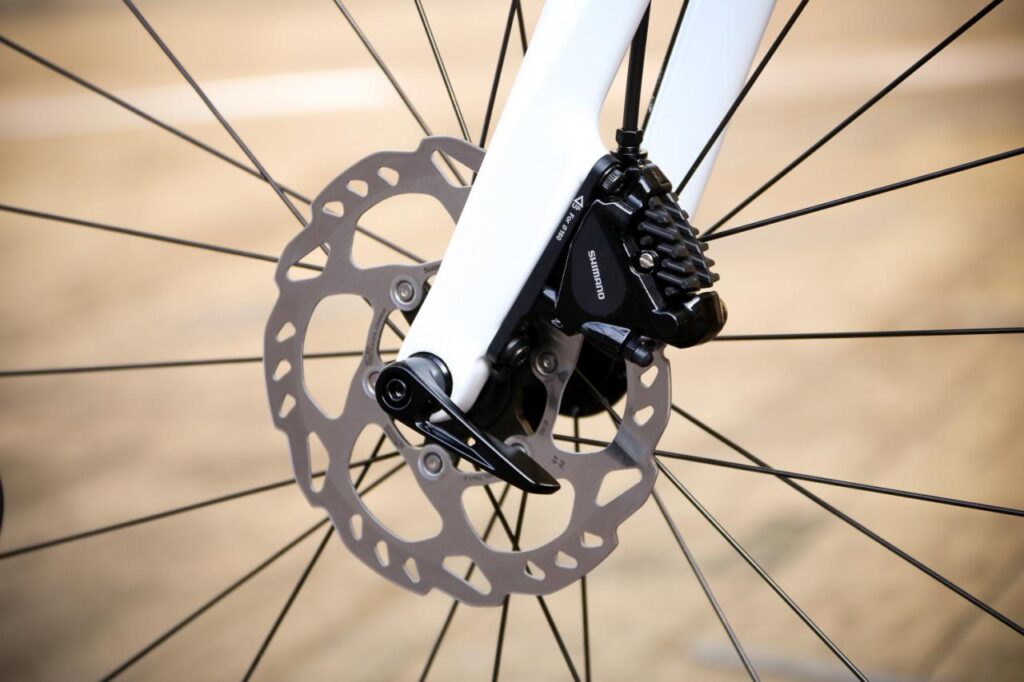- Trails
-
Bikes
-
Gear
-
Tips & Tricks
-
About us


When you ride your bike regularly, it is common to sometimes run into the issue of hearing your bike brakes squeak. When your bike breaks start squeaking, it can indicate a few different issues. Hearing your breaks squeak doesn’t mean you have to replace your bike or your breaks, but it can lead to that if the issue isn’t addressed quickly. Proper brake maintenance can prevent brake issues from happening in the first place. Make sure your brake pads are positioned correctly and clean out any dirt and debris when necessary. Read through this article to recognize problems with your bike’s breaks and address them as soon as you start hearing your breaks squeaking. This list will help you troubleshoot brake problems with your bike and help you resolve them. Addressing your breaking problems quickly will save you the trouble of having more costly repairs in the future.
Many issues can cause your breaks to start squeaking. It is important to address your brakes as soon as you can to avoid safety Trusted Source Bicycle Safety: Bike Safety Tips for Kids and Adults | NHTSA Learn bicycle safety tips for kids and parents to avoid crashes between cyclists and vehicles, and reduce death and injuries on the road. www.nhtsa.gov concerns or expensive repairs in the future. Brakes face the most wear and tear long-term and need to be maintained more often than some other parts on your bike.
Maintenance is key to preventing issues with brakes. If your brakes go bad in the wrong spot, you can end up in a dangerous situation, whether it be on a trail or in traffic. Take proper care of your brakes to avoid the issues on this list, and keep your bike going for as long as you can.
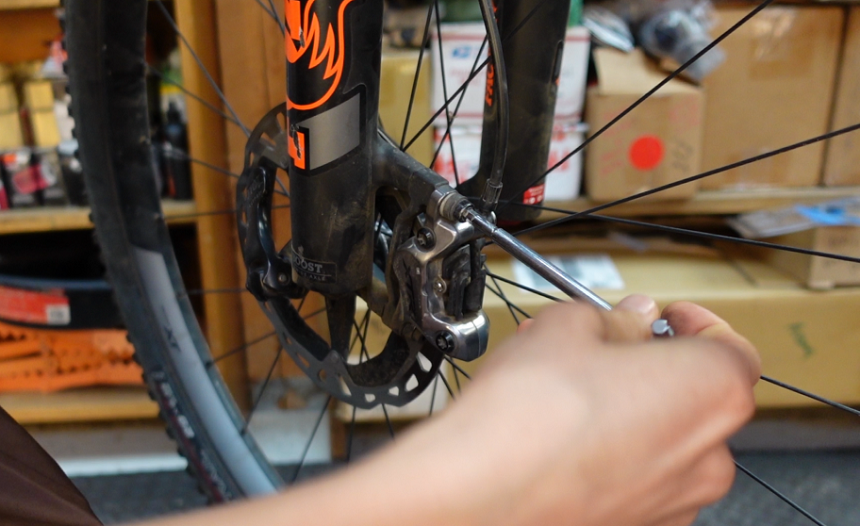
One of the most common problems with your brakes that can cause our brakes to squeak is brake rub. This is also one of the easiest issues to resolve when it comes to braking problems Trusted Source Concept bike breaks rules in favor of innovation - CNN The UCI oversees races such as the Tour de France. It has the final say in the design of bicycles allowed to compete in those races and is highly influential in the design of non-racing bikes. edition.cnn.com . If you cannot spin the wheels on your bike without interruption, then your brakes are rubbing wrong. Either prop your bike up so that the wheel is dangling or flip your bike upside down to get the bike off the ground. Tighten parts as needed to make sure all parts are in alignment. Spin your wheels and look closely to see if your rotor is bent and causing your brakes to rub. You will need to use a tool so that you can bend your rotor back into place.
Brake contamination is one of the many reasons why your brakes can go out so quickly. To identify if you are experiencing brake Trusted Source Science of Cycling: Braking | Exploratorium Brakes have improved as materials and engineering know-how have evolved. The earliest bicycles lacked brakes, which added to their daredevil reputation. For bikes to become more popular an effective mechanism for slowing and stopping had to be devised. exploratorium.edu contamination, you need to ride your bike and listen to the sound it makes when you. If you hear a loud squealing when you try to apply the brake, you are most likely dealing with bake contamination. To resolve brake contamination, you should wipe down all parts that interact with the brakes with a rag, as well as the brakes themselves. You can also attempt to lightly sand down your brake pads to get the contaminants out of the brake pads. However, it is too late, and even after sanding, you hear the loud squealing when you attempt to brake. You will need to replace the brakes. Brake pads are super porous, and it is vital to the health of your brakes to keep oil and grease away from your brake pads. Oils will soak into your brake pads and ruin them, which can cause safety issues Trusted Source Trek recalls nearly 1 million bikes for safety issue Trek recalls nearly 1 million bikes in U.S. and Canada for safety issue that left one rider paralyzed. money.cnn.com .
Glazed brake pads are the result of too much heat and friction on your brakes when installing new brake pads. Whenever you install any new parts onto your bike, you should never immediately take your bike out on difficult trails. You should always slowly get your new bike parts adjusted to your bike by starting with gentle rides that aren’t too rough on your brakes. The best way to handle glazed brake pads is to avoid them, but if it is too late, you should remove your brake pads and sand them down a bit. However, sometimes there is too much damage done, and you will need to replace your brake pads. If the brake pads aren’t too glazed over, you might be able to save them.
Heat can be a huge determinant of your brakes. Heat problems are the number one reason other than standard wear and tear that cause people to need a brake replacement. Heat damage can only be resolved by replacing your rotor. There is no amount of riding or sanding that can resolve heat damage.
Water usually is not a big deal when it comes to squeaky brakes. If your brakes start squeaking after they become wet, just keep riding your bike to dislodge residual water and allow your brakes time to dry. If a week goes by and you still notice squeaking, you may have a different issue going on with your brakes.
Be aware of your surrounding and the capability of your brakes when riding to avoid elemental damage. If it is too hot out, too cold out, or there are hills too steep for your bike to handle, then you shouldn’t put your bike through those trials.
The best way to avoid squeaking brakes is to take proper care of your brakes. Don’t rush into heavy-duty bike rides as soon as you get a new part on your bike. Your bike parts need a few gentle rides to be properly broken in before you can hit steep slopes and wild trails. Not performing proper maintenance on your bike will cost you more in repairs long term. If you are taking your bike on frequent intense rides, you are going to have to maintain your breaks more often. Brakes squeaking often indicates an issue with your brakes that either needs to be repaired or replaced. It is important to address brake issues as soon as you can because the brakes on your bike are key to staying safe on your bike rides.
